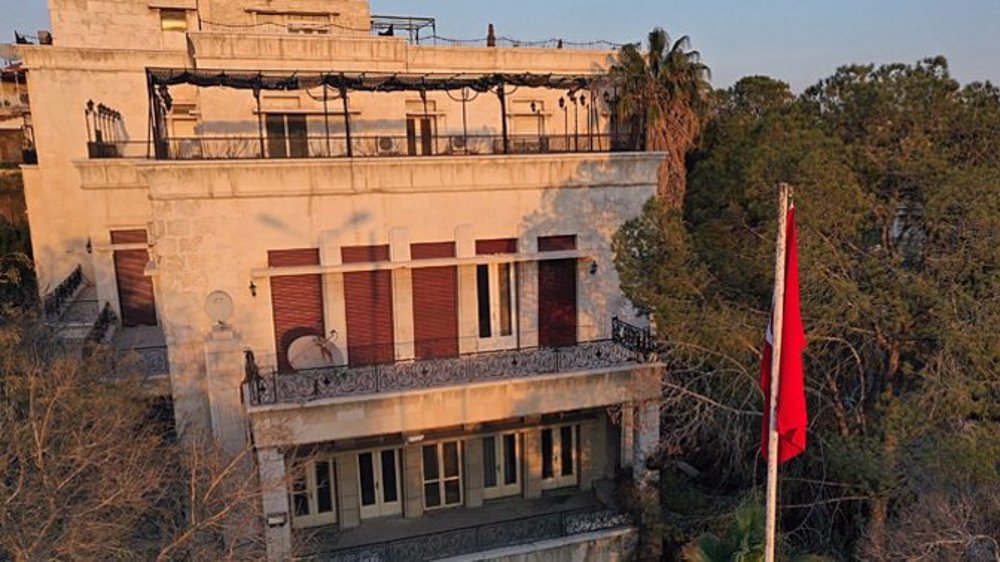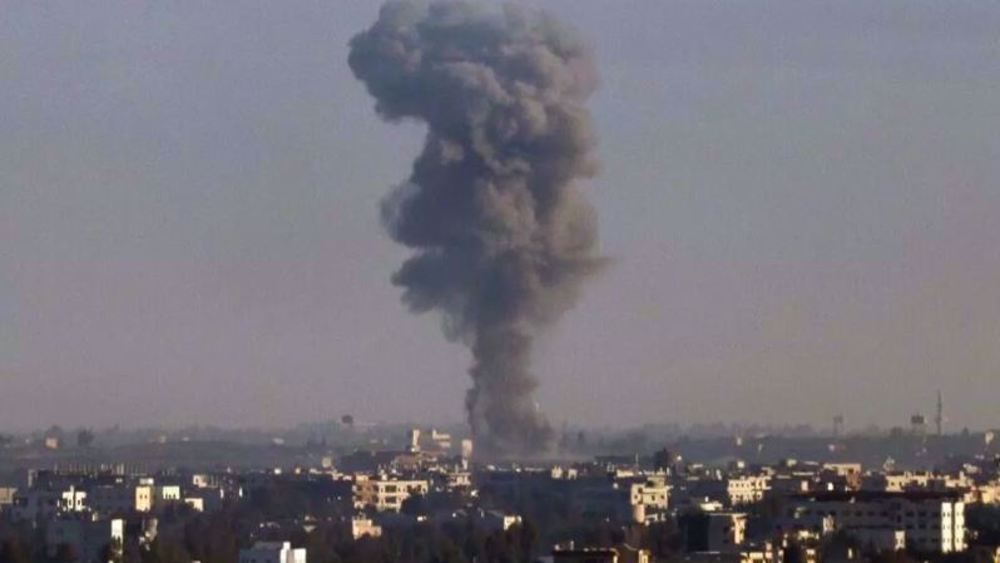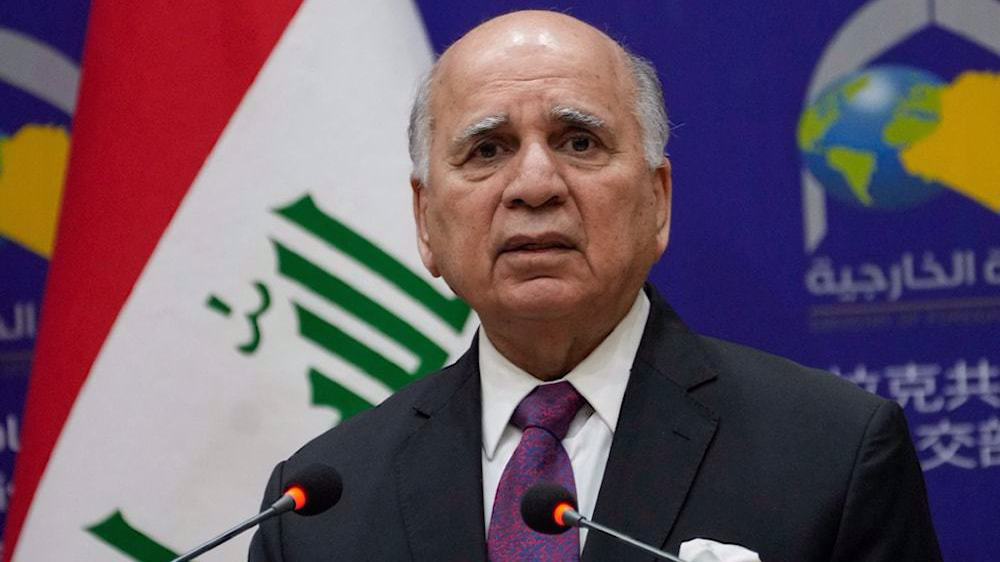Turkish embassy in Damascus resumes operations after 12 years
Turkey has officially reopened its embassy in the Syrian capital, Damascus, after closing it more than a decade ago when the foreign-sponsored Syrian conflict started.
The embassy resumed operations on Saturday following a 12-year closure, with Burhan Koroglu, Turkey’s ambassador to Mauritania, as the acting chargé d’affaires.
Turkish Foreign Minister Hakan Fidan had formally assigned Koroglu to the new post on Thursday.
The embassy, located near the city’s Rawda Square, an area housing diplomatic missions of many other countries, suspended its activities on March 26, 2012, after the Syrian crisis intensified.
Embassy staff and their families returned to Turkey following the closure of the mission.
The reopening of the Turkish embassy in Damascus came after the fall of Bashar al-Assad’s government almost a week ago.
Since the downfall of Assad’s government, the Syrian Consulate General in Istanbul has continued its operations without interruption.
Armed militants, led by Hayat Tahrir al-Sham (HTS), took control of Damascus on December 8 and declared an end to President Assad’s rule in a surprise offensive that was launched from their stronghold in northwestern Syria, reaching the capital in less than two weeks.
Turkey, which shares a 911-kilometer- (566-mile-) long frontier with Syria, has been a main backer of opposition groups aiming to topple Assad since the outbreak of the civil war in 2011.
While Turkish officials have strongly rejected claims of any involvement, observers believe that the offensive, which appears to be aligned with Turkey’s long-time goals, could not have gone ahead without Ankara’s consent.
Reuters reported on Monday, citing a “diplomat in the region” and an alleged member of the anti-Damascus groups, that the militants notified Turkey about their intention to launch a major offensive against Assad’s government around six months ago.
Reports, meanwhile, would point to strong support for the armed groups on the part of Ankara and some Western states, which have been acting as the main backers of anti-Damascus outfits since the outbreak of foreign-backed militancy in Syria in 2011.
Press TV’s website can also be accessed at the following alternate addresses:









 This makes it easy to access the Press TV website
This makes it easy to access the Press TV website